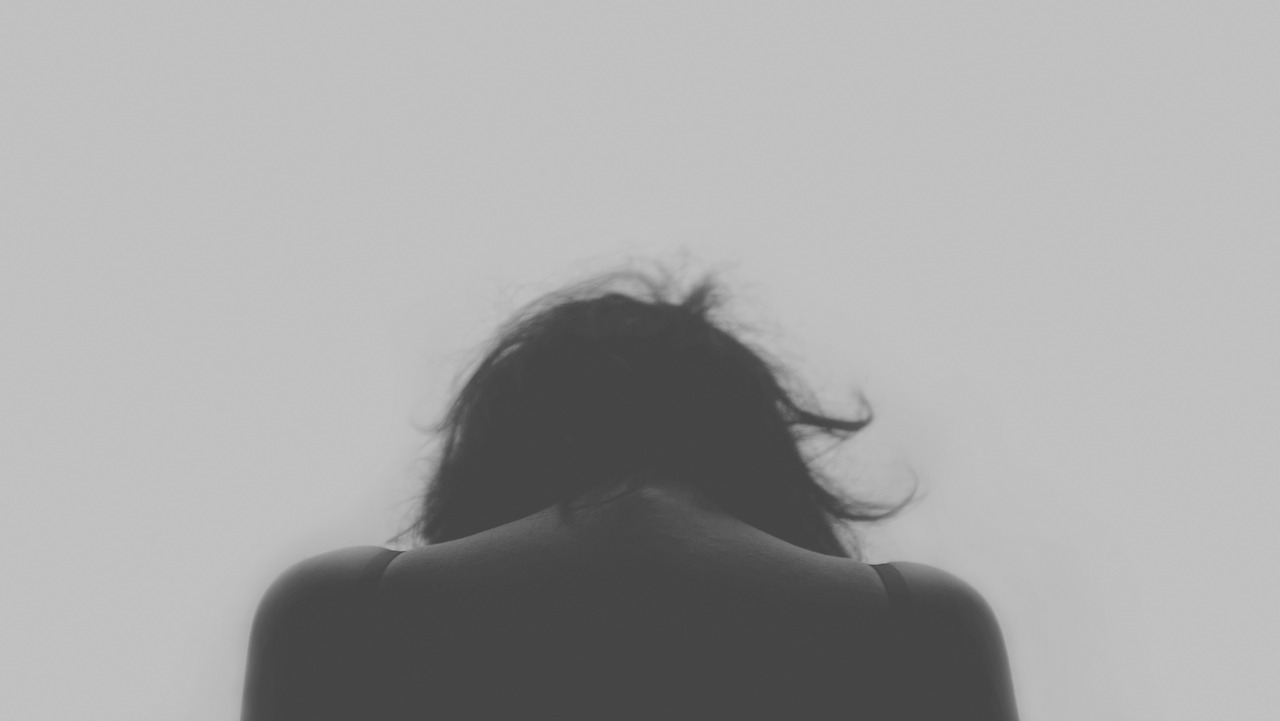Frequently thought of as a luxury, therapeutic massage is much more than that. Massage should be considered an integral part of your healthcare regimen. Not only can massage help relieve aches and pains, but it can help with mental conditions like anxiety, stress and depression.

Depression is defined as a condition of general emotional dejection and withdrawal or sadness more prolonged than that warranted by any objective reason. Not everybody who suffers from depression will have the same symptoms. The severity, duration and frequency of symptoms varies depending on the individual’s illness and state of mind. Symptoms of depression may include feelings of hopelessness, irritability, restlessness, difficulty concentrating, overeating or appetite loss, fatigue, decreased energy levels, persistent aches and pains and thoughts of suicide.
There are different types of depression too, and this is important to understand before treatment of any kind is performed. The first is situational depression and frequently occurs after the loss of a loved one. This is part of the natural mourning period. The next type of depression is family originated. This type occurs when unresolved family issues exist and tend to last longer than situational depression. Moderate depression is the next type. Moderate depression lasts longer than family originated depression and typically has no triggers. Next is severe depression, which lasts much longer and generally requires hospitalization and medications. Last, there is chronic depression, which requires long term medication and health care.
For people dealing with depression, both physiological and energetic changes that occur. Depression causes a structural collapse of the body. The abdominal muscles begin to shorten and the diaphragm muscle tightens, which makes it more difficult to breathe. The shoulders rotate inward and downward creating kyphosis or forward rounding of the back. The head will naturally slump down and forward. And all of these structural changes will add to the inability to breathe properly, which has a profound effect on the brain and how it functions. For the brain to function properly and process emotions, oxygen and nutrient-rich blood is needed. When people are depressed and it begins to affect them structurally, the ability to breathe is hindered and therefore oxygen intake is decreased, leading to chqnges in brain chemistry, which can affect our moods.
This is where massage can be very beneficial. Massage can correct the structural collapse that frequently occurs when people become depressed. By massaging the muscles and releasing them, the patient slowly begins to feel the upper body reopen and become erect. This gives them a sense of support that may have been missing before, which can translate into feelings of strength and capability. Massage also opens up the chest allowing for deep breaths to oxygenate and energize the patient over time.
If you or somebody you know deals with depression, acute or chronic, mild or severe, massage might be helpful in dealing with the problem. Ask me to find out more about how massage can help you with your healing journey today.
